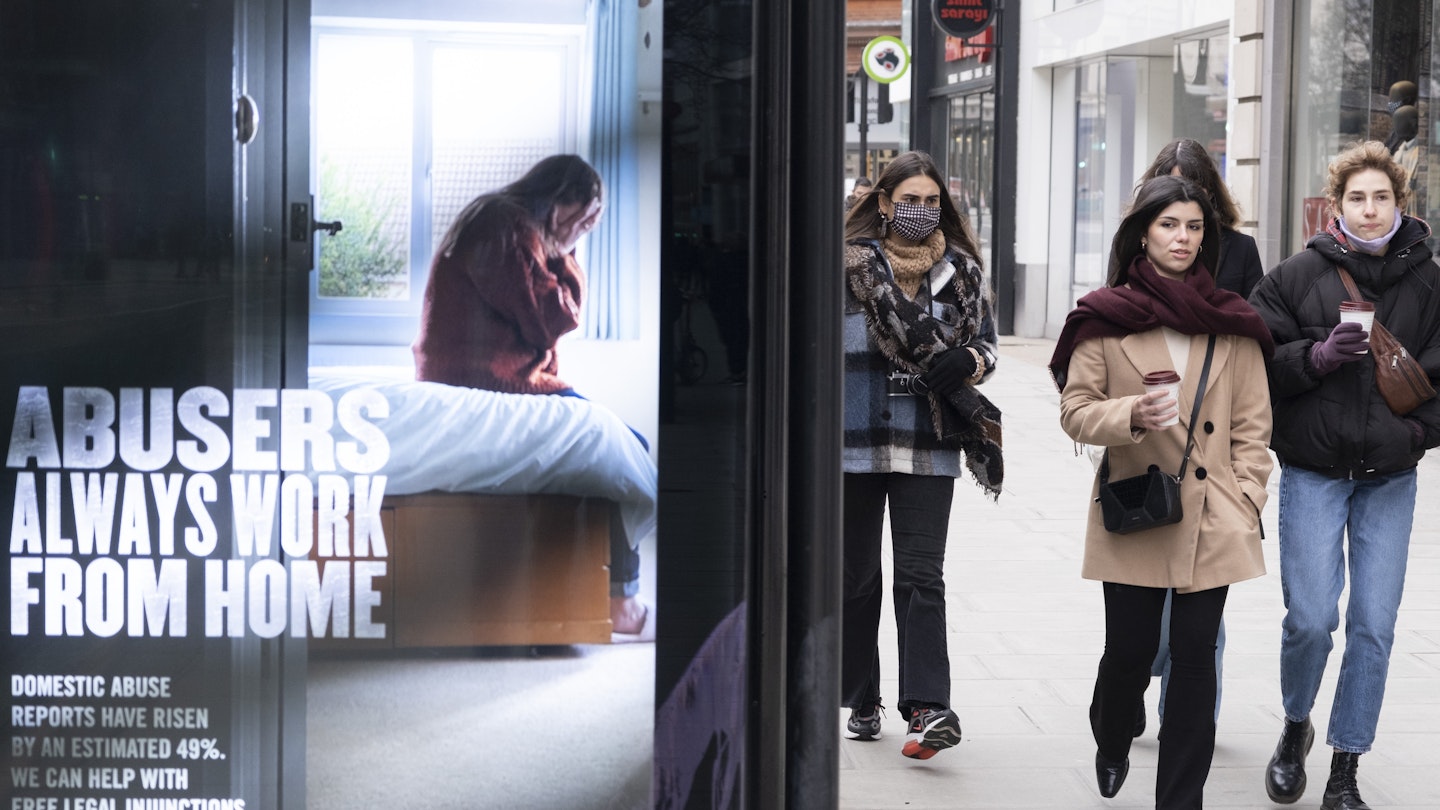Calls to a domestic abuse helpline in England are up by 61% over the past year showing the country’s recent cry for an end to violence against women couldn’t be more urgent.
Refuge, a charity which supports women, children and men experiencing domestic violence and runs a national domestic abuse helpline, saw a surge in women seeking help. They say the rise is down to conditions of lockdown and an increased awareness about domestic abuse.
Lisa King, Refuge director of communications and external relations, said: ‘For women and children experiencing domestic abuse, home is not a safe place. Lockdown measures, where women have been isolated and confined with their perpetrators more than ever, have compounded their exposure to violence and abuse.’
For women and children experiencing domestic abuse, home is not a safe place.
Refuge revealed 72% of those the helpline team supported were women experiencing violence and abuse, and the most common age bracket was 30-39. Over the past year, Refuge also reported a rise in visits to their website and use of their web referral form.
Almost one in five of the women they spoke with had experienced death threats from their abusers, 10% had weapons used against them and 16% had experienced strangling. The charity said their research had shown that domestic homicide of women was seven times more likely if the same partner has previously tried to strangled them.
As we hit the one-year mark since our first national lockdown it’s a reminder how dangerous the orders have been for some. These figures confirm every woman’s fear – we’re not safe on the streets or in our homes. Luckily, a few weeks after lockdown was introduced last year the government confirmed the restrictions didn’t apply to those who needed to escape because of domestic abuse.
Barely a fortnight has gone by since Sarah Everard’s death sparked an outpouring from women around the country demanding an end to male violence and sharing their stories of harassment and abuse.
Instead of telling women they're overreacting or ‘hysterical’, as Marion Fitzgerald, a criminology professor at the University of Kent, put it recently while responding to the reaction following Sarah’s death, these figures confirm that violence against women is anything but rare.
Read More: We're Not Panicking, We're Reacting. We're Not Hysterical, We're Angry.
Read More: Jess Phillips: 'Every Woman I Know Has Suffered Violence, Myself Included'
